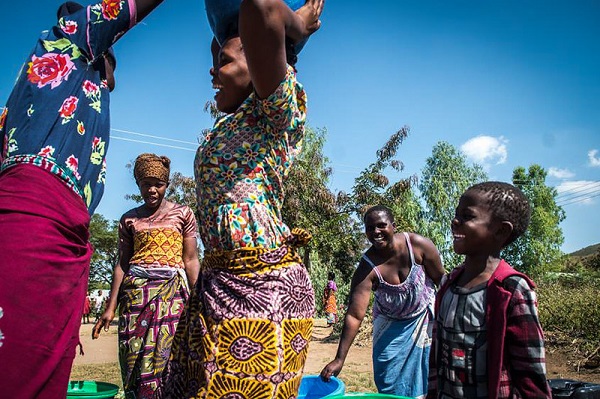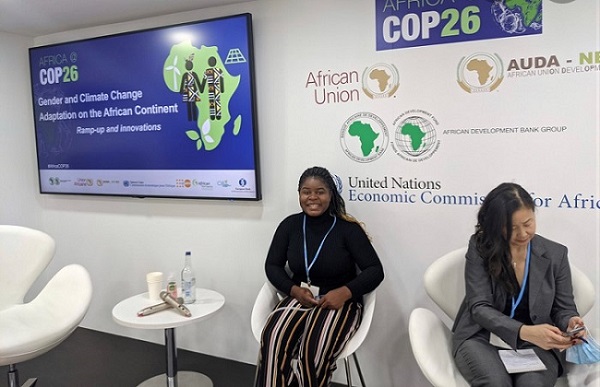Malawi's youth perspective on COP26 and its outcomes
The Intergovernmental Panel on Climate Change (IPCC) Working Group 1 Sixth Assessment Report, released shortly before the COP, reminded of the “code red” emergency: either we save the planet by keeping 1.5 degree Celsius goal alive, or let it perish.
After struggles with the Covid 19 pandemic, which led to the postponement of the event in 2020, COP 26 took place in Glasgow in early November. Like other Parties to the United Nations Framework Convention on Climate Change, Malawi sent a number of delegates. Notable among them were representatives of groups who bear the brunt of the impacts of climate change: women and youth.

Prior to COP, youth representatives in Malawi wanted to see the government lobby for climate financing for nature-based solutions and climate action, and to have their voices heard in the decisions that will directly affect their future. Some positive decisions were made, and Malawi will benefit from financial commitments towards adaptation and clean cooking energy. But Malawian youth representatives left Glasgow frustrated with failure of developed countries to immediately uphold the climate finance pledge of $100 billion per year by 2020 that was agreed at the Copenhagen COP.
“Developed countries not committing seriously to climate finance has caused us to be disappointed in our leaders. We are very sad but we haven’t been defeated, We will still push, we will keep fighting,” said Dorothy Kazombo Mwale, a member of the the National Youth Network on Climate Change, who attended the COP.
Kazombo Mwale explained that the climate finance shortfall will affect youth as they will not be able to implement adaptation projects that would help to combat the impact of climate change.
“The funds not being accessible or available is going to cause devastating effects because we are going to keep suffering from climate change, with more loss and damage. If the trend continues, the youth will suffer more from climate change in the future than we already are,” she added.
Brenda Mwale, a farmer and member of the Green Girls Platform, said the burden will remain particularly severe for women and girls.

“For countries like Malawi to be able to come up with mitigation and adaptation measures, we still need finance. The fact that developed countries are not willing to fulfill their pledges will have direct implications for the lives of women and girls in Malawi. With limited financing, these very vulnerable groups may continue to be marginalized and left out of activities that address the impacts of climate change,” she said.
Mwale also said the present situation will impede Malawi’s intended just transition from fossil fuels to green and clean energy, as outlined in the the updated Nationally Determined Contributions.
“Just transition cuts across many areas beyond energy. For a just transition to occur, it means every person has to do their part. The youth have so many innovations for improving availability of and access to clean energy, but scaling up requires finances. With the way things are right now, it will be difficult for Malawi to accelerate a just transition,” she added.
Despite disappointment with regard to climate finance, Malawi’s youth delegates are happy that COP26 provided an opportunity for them to participate and have their voices heard to an extent.
“We were able to speak to decision makers, we were able to have a conversation with them, and even though our demands were not fully met, having a space to speak was a nice thing,” said Dorothy Kazombo Mwale.
